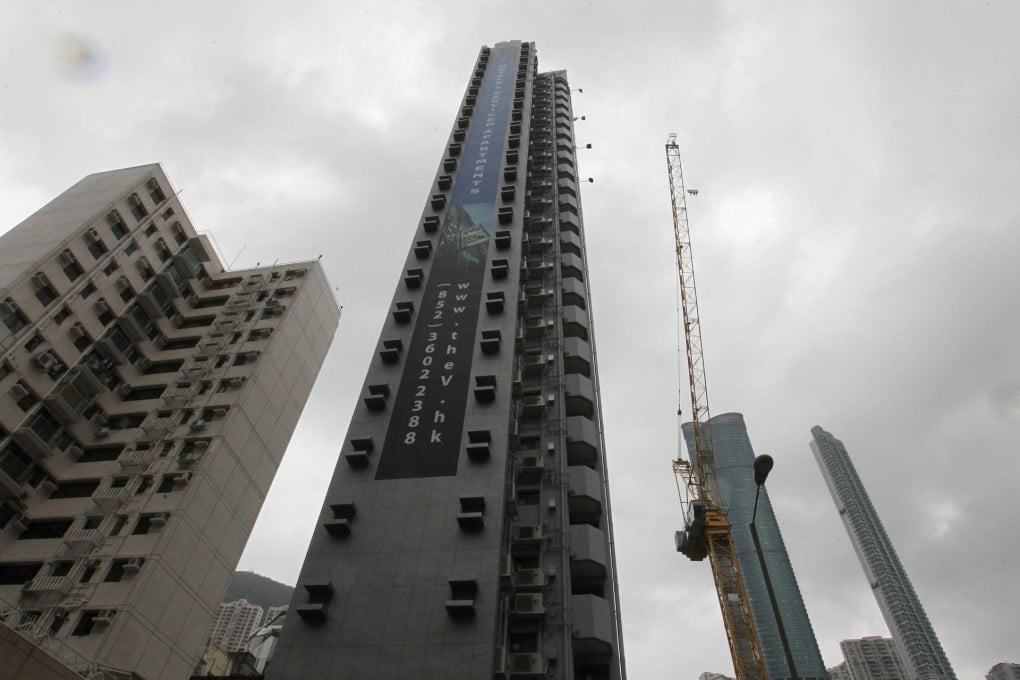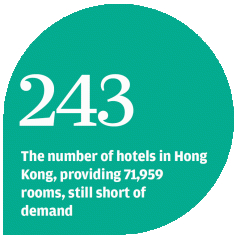Hotel shortage boosts demand for serviced apartments, prompting office block conversions
Owners are converting underused, non-prime office buildings to tap market for longer-stay accommodation and boost rental incomes

"Serviced apartment, not a hotel." That, recalled Joseph Bautista, was his wife's response when he asked about her choice of accommodation in Hong Kong during their planned one-month business trip to the city.

"She's actually very happy with the deal that we've got because the package is only about HK$20,000 for a month, which is cheaper than staying in a hotel. And what makes the serviced apartment more attractive is the fact that it's just a few steps from the Wan Chai MTR station which makes travel convenient for us."
Aside from long-staying visitors like the Bautistas, a growing number of locals, including homebuyers who delayed their purchases after the government's property cooling measures, are looking to serviced apartments for accommodation, analysts say.
In response to this growing demand, more and more property owners are converting underused office buildings into serviced apartments to earn more rental income.
In this way the government's cooling measures have provided an unwitting boost to the serviced apartment sector, the analysts say.